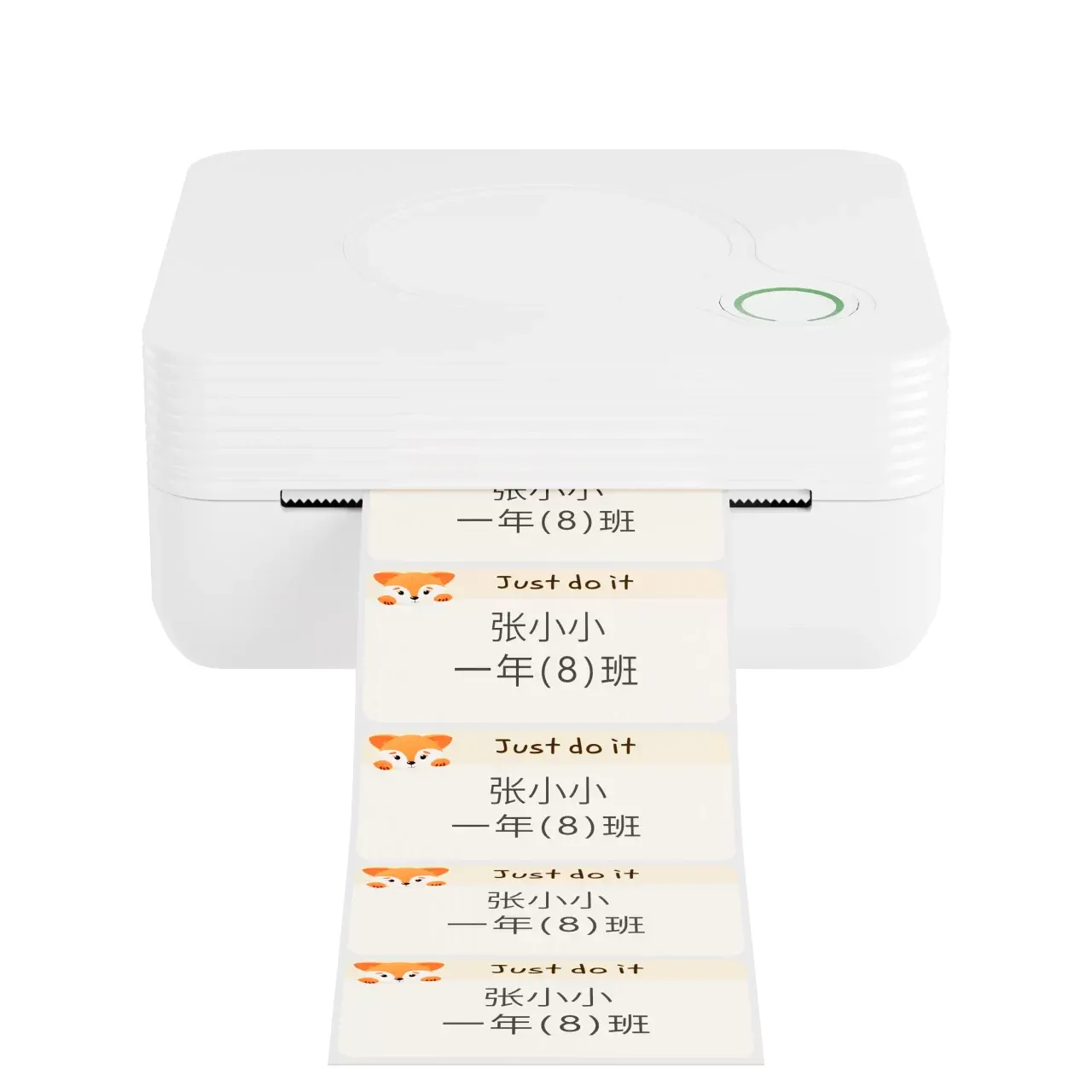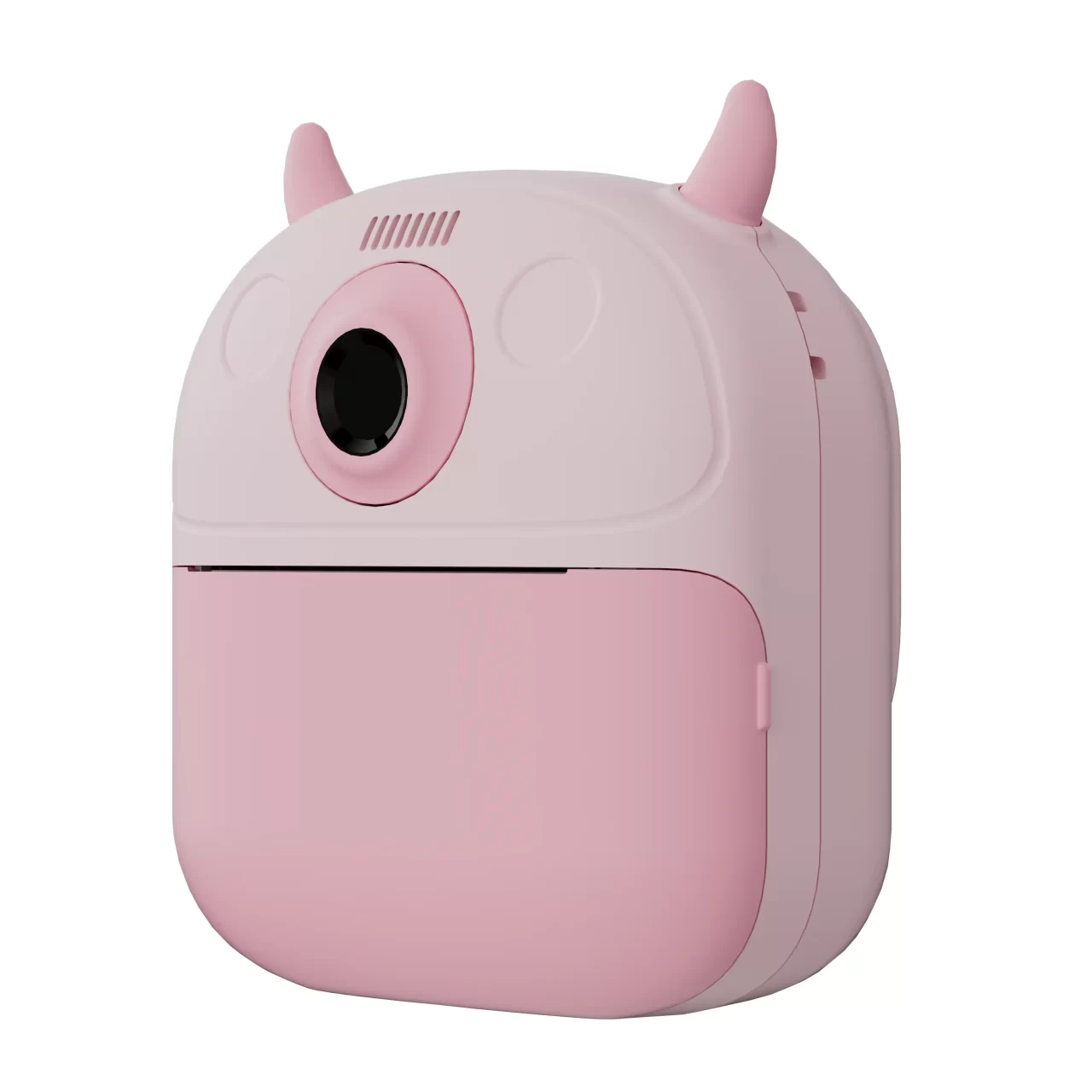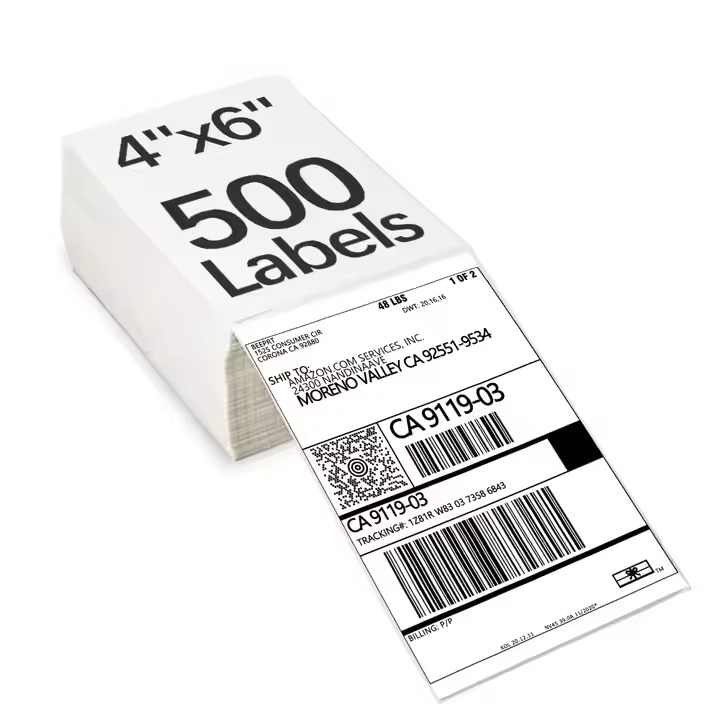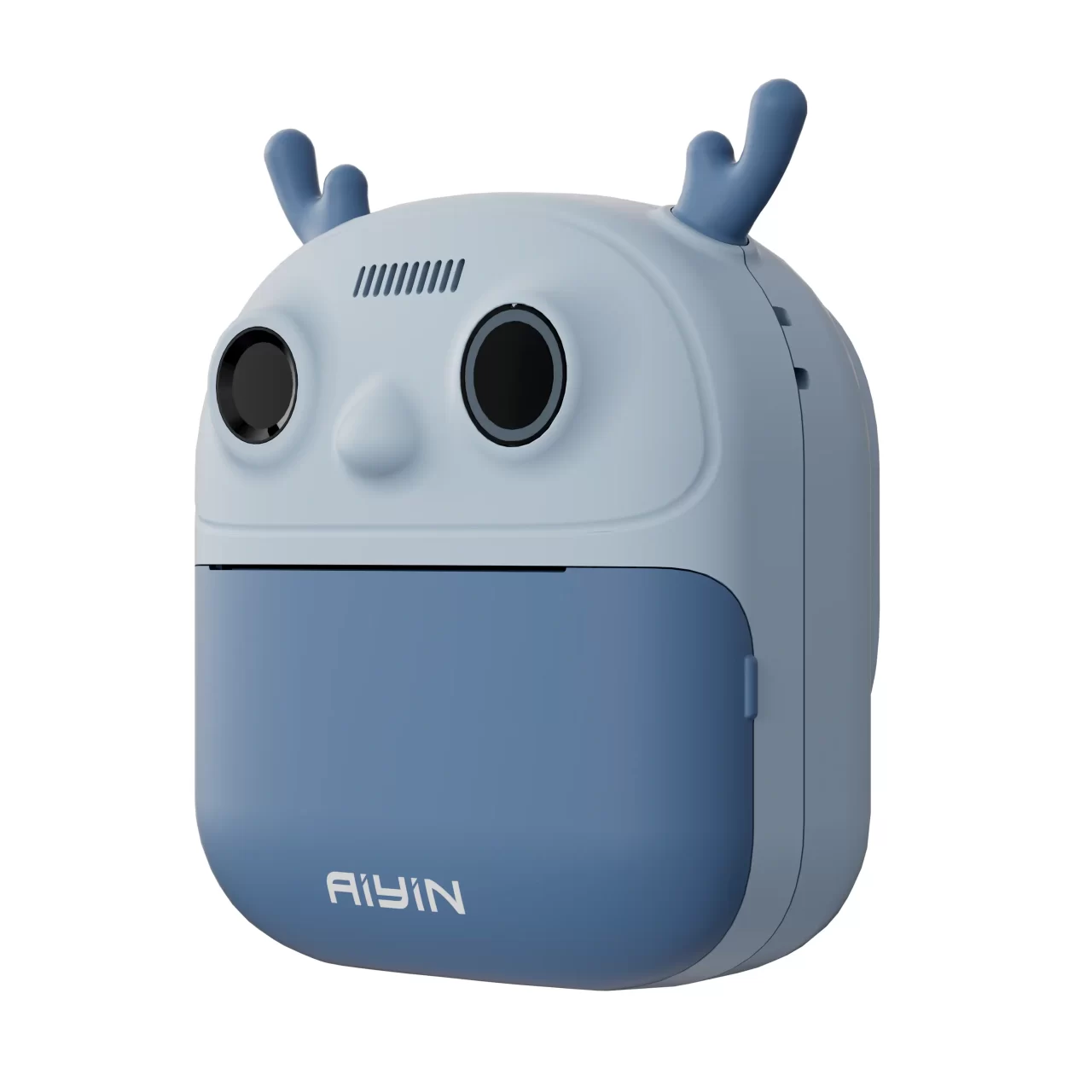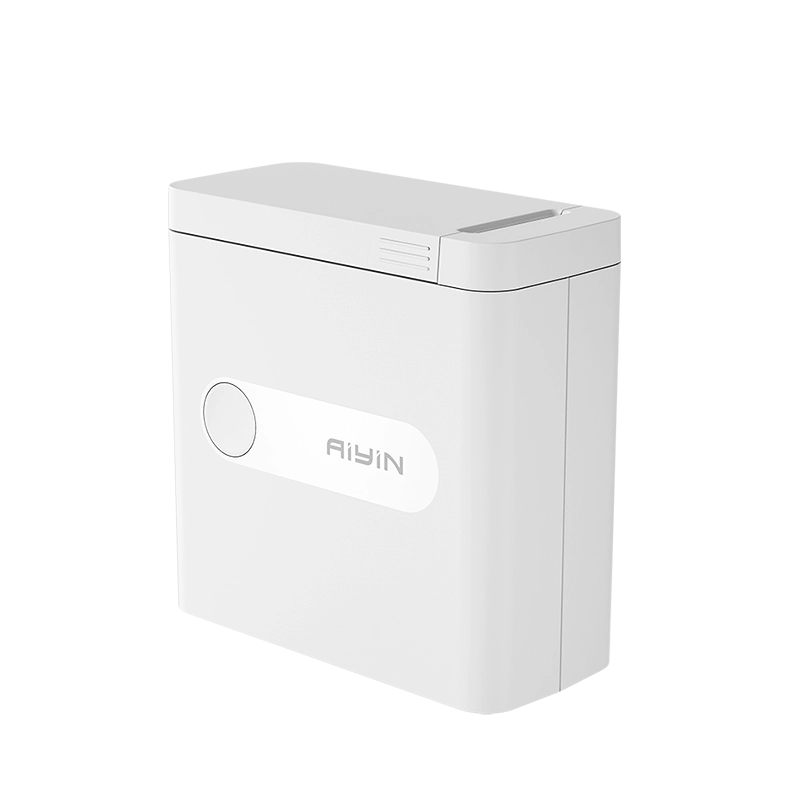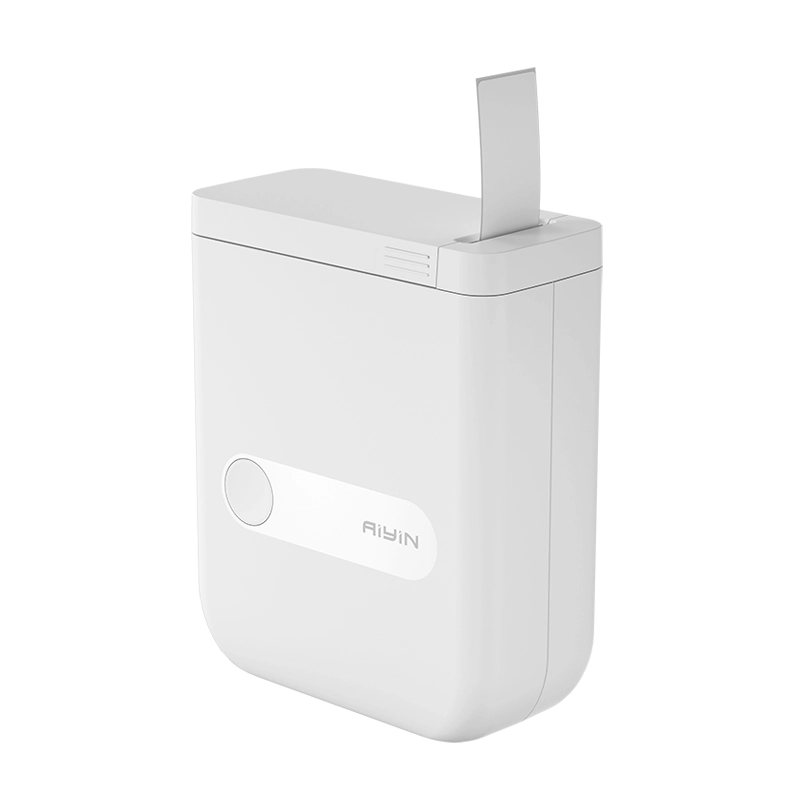ポータブルサーマルプリンターは、配送ドライバー、現場技術者、ポップアップ小売店、中小企業にとって強力なツールです。しかし、間違ったものを選ぶと、時間とお金、そして頭痛の種を抱えることになります。
サーマルプリンターのトップメーカーとして、アイインはこのガイドを提供し、購入前に確認すべき5つの重要な質問について説明します。
プリンターを実際に何に使うのか?
スペックではなくユースケースから始めよう。仕事によって求められる機能は異なる。
- 領収書と配達証明: 短いテキスト、低DPI、高スループット。
- 配送ラベル: 幅が大きくなると、バーコードの精度が必要になる。
- 資産タグ/検査ラベル: 小型ラベル、高密度バーコード(300DPIが必要な場合がある)。
- イベントチケット&バッジ 可変データ、連番、時には短命。
- クリエイティブ/ホームユース ステッカー、プランナー - 数量が少なく、デザインの自由度が高い。
なぜそれが重要なのか: ユースケースによって、必要なメディア幅、DPI、速度、耐久性が決まる。A ポータブルサーマルプリンター 配達証明用のものはバッテリーと接続性を優先し、シリアル化された資産タグ用のものは解像度とラベルの耐久性を優先すべきである。
実践的なステップ: 上位3つのタスクと、それぞれの典型的なラベル/レシートサイズを挙げてください。それをモデルのフィルターとして使用する。
どのデバイスやソフトウェアと統合する必要があるか?
接続性とソフトウェアの互換性が、現実的な門番となる。
- モバイルOS: Android、iOS、あるいはその両方をお使いですか?ネイティブドライバーとSDKを確認してください。
- アプリ: 配送または在庫管理アプリはプリンタモデルをサポートしていますか?SDKやサンプルコードはありますか?
- PCとの互換性: WindowsやmacOSの印刷も必要ですか?USBドライバまたはネットワークサポートをお探しください。
- クラウド/プラットフォーム: クラウドテンプレート、リモート管理、MDMサポートが必要ですか?
なぜそれが重要なのか: 優れたハードウェアのスペックも、アプリがそれに対応できなければ意味がない。最高の ポータブルサーマルプリンター モデルには、十分に文書化されたSDKと統合例が含まれる。
実践的なステップ: ベンダーに簡単な統合チェックリストを要求し、プライマリデバイスから印刷する簡単なデモを依頼する。
どのような接続オプションが必要か?
モビリティとスケールについて考えてみよう。
- ブルートゥース(クラシック/BLE): 1対1のモバイル印刷(スマートフォン→プリンター)に最適。低消費電力、簡単なペアリング。
- Wi-Fiだ: マルチユーザー環境(倉庫やバックオフィス)や高速大量印刷に最適。
- USB / OTG: キオスク端末やモバイル端末が使用できない場合に、信頼性の高い有線接続が可能。
- ハイブリッドモデル: プリンターによっては、この3つすべてを備えているものもある。
なぜそれが重要なのか: コネクティビティは、バッテリー寿命、航続距離、信頼性、統合の複雑さに影響する。配送ドライバーはおそらく ブルートゥース一方、小規模な倉庫では Wi-Fi 複数のハンドヘルド・スキャナーが同一の ポータブルサーマルプリンター.
実践的なステップ: プリンタを使用する環境(車内、搬入口、混雑したイベントスペース)で、選択した接続モードをテストする。
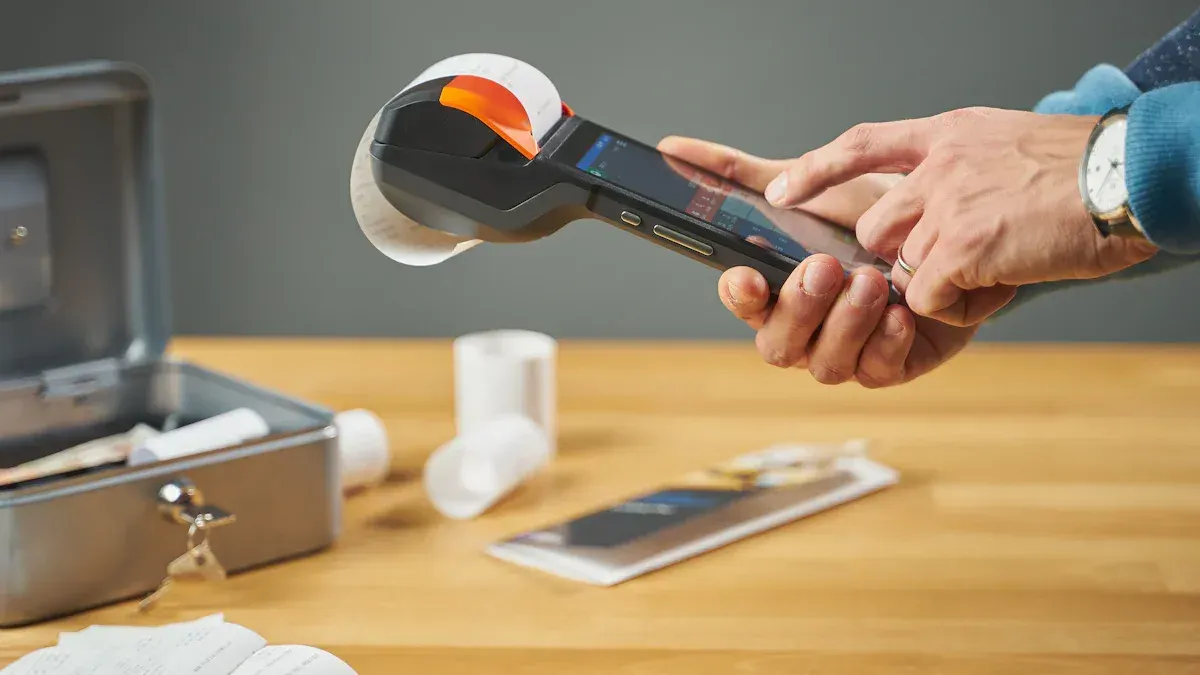
バッテリーの寿命と交換可能か?
バッテリーの寿命は、モビリティの実用的な鼓動である。
- 1チャージあたりのプリント枚数: ベンダーはよくこれを引用するが、あなたのデューティサイクル(バースト印刷と間欠印刷)で確認すること。
- 充電サイクル: リチウム電池の経年変化;定格サイクル(例:300-1000)と保証期間を確認する。
- 交換可能なパック: 交換可能なバッテリーは、デバイスをドッキングすることなく複数シフトでの使用を可能にする。
- 充電オプション: USB-C PD急速充電器や車載充電器は、現場での作業に役立つ。
なぜそれが重要なのか: a ポータブルサーマルプリンター バッテリーの寿命が短いと、ルーティングの遅延、署名の見落とし、スタッフの不満が生じます。交換可能なバッテリーとSDKの明確なテレメトリー(残りの%レポート)は、驚きを減らします。
実践的なステップ: サンプルデバイスでフルシフトをシミュレート - 典型的な数のレシート/ラベルを印刷し、必要なチャージ数を確認します。
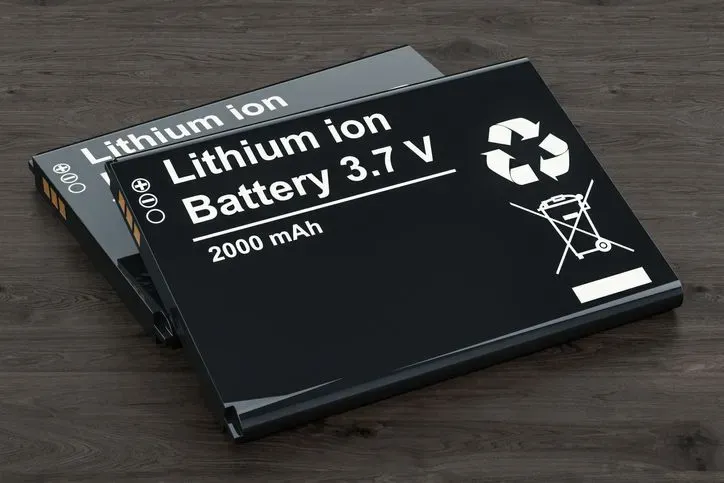
総所有コスト(TCO)とは何か?
デバイスを最も安い初期価格で購入することは、方程式の一部に過ぎない。
- 消耗品: ダイレクト・サーマル・ロールは、熱転写アイテムよりも安い傾向にあるが、耐久性のあるタグが欲しい場合は、熱転写リボンとラベルが必要になることを覚えておこう。
- メンテナンス プリントヘッドの交換や、サービス契約/修理のためのターンアラウンドなど、サービスもある。
- スペアパーツ: バッテリー、バッテリー充電器、ホルスター、あるいは、可能な限り高い稼働率を維持する必要がある場合は予備機も用意しておくこと。
- ライフサイクル: デバイスの予想寿命と、使用終了時に期待される残存価値を検討する。
なぜこれが重要なのか: プリントヘッドを頻繁に交換する必要がある低価格のプリンターや、高価な専用メディアを使用する低価格のプリンターは、高品質の携帯型サーマルプリンターよりも、生涯運用ベースで数百から数千円高くつく可能性がある。
実践的なステップ: 1,000枚当たりの印刷コストを計算し、消耗品と年間保守費用を含めて、希望小売価格ではなくTCOでモデル2または3を比較する。
クイック購入チェックリスト
ご注文の前に、デモ機で以下をご確認ください:
- 実際のラベル/レシートテンプレートをきれいに印刷します(バーコードをスキャン)。
- デバイスに確実に接続し、アプリのワークフローを実行します。
- 見積もり達成 1チャージあたりのプリント枚数 デューティ・サイクルの下で。
- 予想される取り扱い(落下試験、関連する場合は短時間での粉塵/水への暴露)に耐える。
- SDKのドキュメントとアクセス可能なサポートチャンネルがある。
結論
を購入する ポータブルサーマルプリンター つまり、マーケティング上のスペックではなく、実際の運用上のニーズにデバイスを合わせることだ。上記の5つの質問(ユースケース、統合性、接続性、バッテリー、TCO)から始め、短期間の試験運用で検証する。このアプローチにより、コストのかかるミスマッチを防ぎ、モバイルチームの生産性を維持することができる。
アイイン-信頼できるポータブルサーマルプリンターサプライヤー
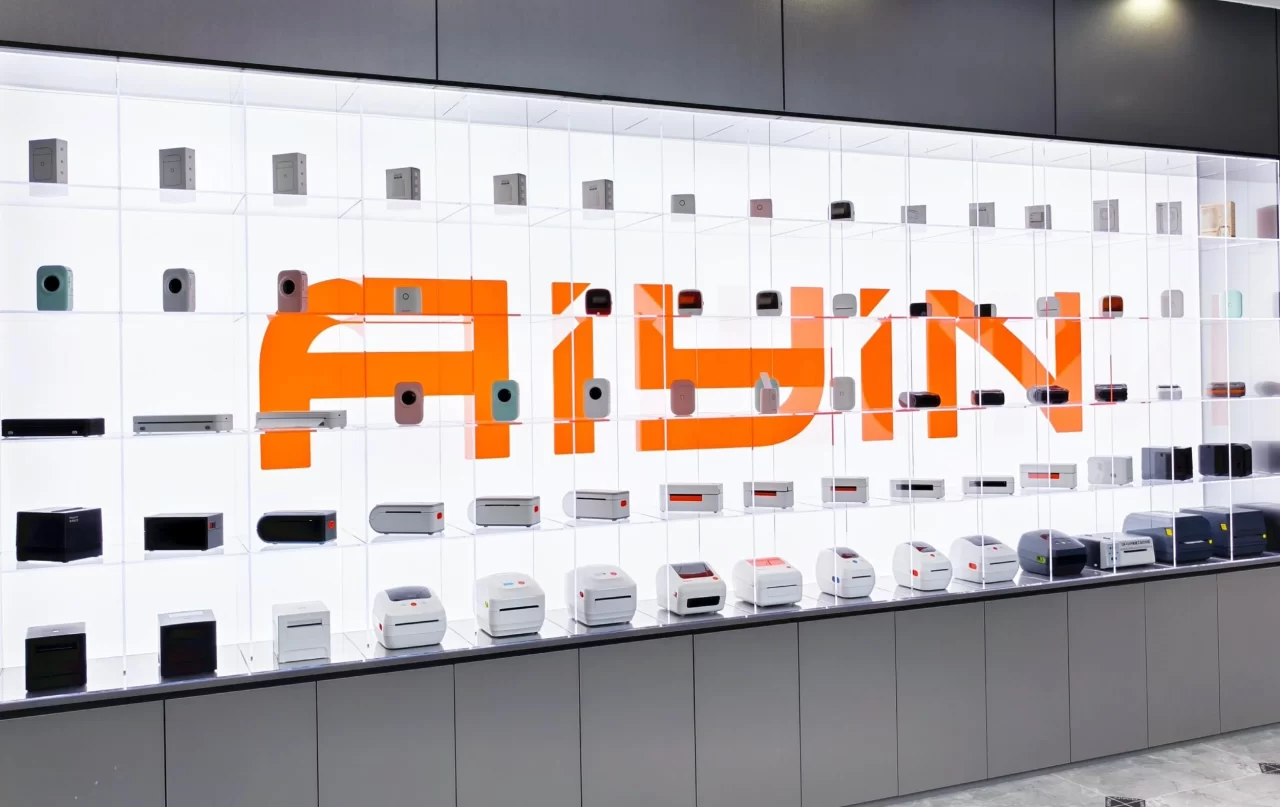
アイイン として際立っている。 大手サーマルプリンターメーカー物流、小売、モバイルワークフローに適したコンパクトで信頼性の高いデバイスをお届けします。当社の施設は以下をサポートしています。 卸売ポータブルサーマルプリンタ供給安定した生産能力を確保し、すべてのバッチで一貫した性能を発揮する。
差別化を求めるブランドには、次のようなサービスを提供する。 カスタムサーマルプリンターソリューション ファームウェアのチューニング、接続の最適化、構造の再設計を中心に構築されています。規律ある品質管理と迅速なエンジニアリング・サポートを提供します、 アイインは、長期的でスケーラブルな協力関係を築ける、信頼できるサプライヤーです。

